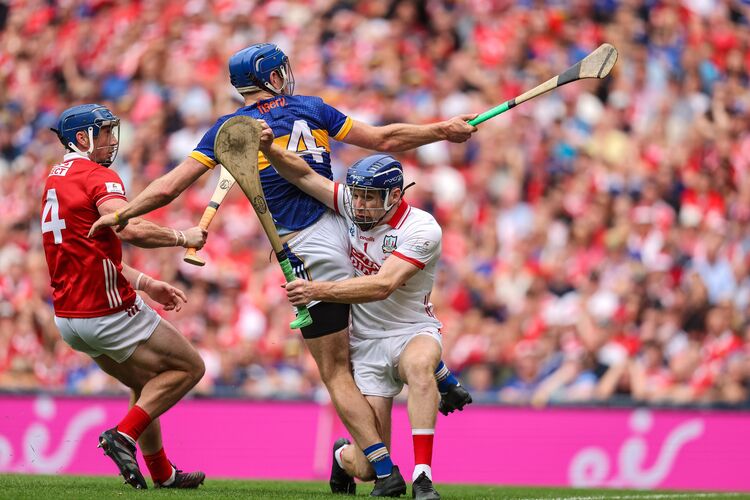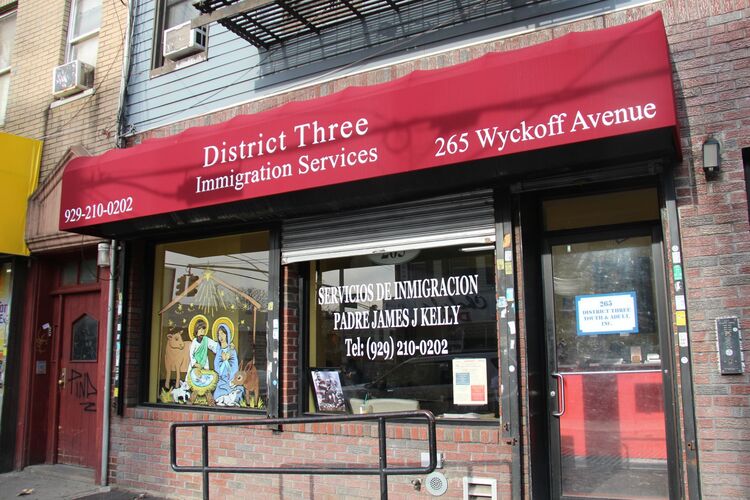Taoiseach Leo Varadkar
By Gerry Adams
The chaos surrounding Brexit reached new depths of confusion this week.
Theresa May’s Plan B announced on Monday turned out to be no plan at all.
She ruled out an extension of Article 50 and a second referendum.
There was a lot of spin about talking to business, the devolved administrations, opposition parties and trade unions – all of whose views she ignored for the last two and half years.
With a straight face May told the British Parliament on Monday that she wants to find out what MPs are demanding on the backstop! And then she will take that demand back to the EU. The EU has already ruled out any renegotiation of the Withdrawal Agreement.
At the time of writing there are 65 days left to Brexit. It seems to me that May’s real plan is to talk the process down to the point where some MPs – frightened of the consequences of a no deal scenario – will change their vote and back her Withdrawal Agreement.
She is playing for time.
The consequences of this shambolic Tory government strategy for the two economies on this island, for social cohesion, and for the Good Friday Agreement, are enormous.
It demands the strongest, most robust, opposition. Sinn Féin, and especially our MEP team led by Martina Anderson, have led the defense of the Agreement. However, the greater onus to defend the rights of citizens in the North rests with the Irish government.
The government’s initial response to Brexit, under a different taoiseach, was like that of the Fianna Fáil leader: pathetic.
It improved with Leo Varadkar and Simon Coveney as taoiseach and tánaiste.
They presented a better all-island position, but they avoided challenging the British government or the EU to accept the democratic vote of the North to remain within the European Union. The government has also acquiesced on the fundamental issue of the entitlement of Irish citizens in the North to European Union rights, and the issue of rights generally.
In December, 2017, in the joint report produced by the EU and British government, paragraph 52 specifically stated that the people of the North, "who are Irish citizens will continue to enjoy rights as EU citizens, including where they reside in Northern Ireland."
The taoiseach stated everyone born in the North "will continue to have the right to Irish and therefore EU citizenship."
He also stated the joint report was rock solid, cast iron and politically bullet proof. In response to a letter signed by representatives of civic nationalism, the taoiseach assured them the government had protected their interests.
He stated: "Your birth right as Irish citizens, and therefore as EU citizens, will be protected.” He added "You will never again be left behind by an Irish Government."
It was a very welcome and positive commitment. However, many now believe this promise has been broken. The specific commitment to citizens who reside in the North is missing from the withdrawal agreement.
I have raised this several times in the Dáil. The government has yet to explain why the "rock-solid, cast iron" and "politically bullet proof" joint report commitment of December 2017 on the rights of Irish citizens in the North to enjoy rights as European Union citizens is missing from the withdrawal agreement.
The additional seats allocated by the EU to this State could have been allocated to the North, but the government said "No."
Why?
In a letter to the taoiseach last November, 1,000 civic nationalists from across the island of Ireland expressed their deep concerns at the government’s commitment to uphold its promises and responsibilities under the Good Friday Agreement. They identified the denial of access to free healthcare in EU states and the prohibitive costs of students from the North studying at any university in the South. They said there is a real potential that partition could be reinforced and our country and our people further divided.
The Irish Government and its lobby of EU neighbors on Brexit rightly stressed the centrality of the Good Friday Agreement to the outcome of the Brexit negotiations.
Yet we have the tánaiste and the taoiseach repeatedly dismissing a part of the agreement, which is a referendum on Irish unity. That too is a key provision and an integral part of the Good Friday Agreement.
At Queen's University two weeks ago the tánaiste chose to claim that any debate on Irish unity would be like pouring petrol into a furnace that is already pretty hot. Once again, the Irish government is limiting the rights of citizens to what is tolerable to a section of unionism.
Has this led to unionist leaders being friendlier towards the taoiseach and tánaiste? No.
The tánaiste met the DUP recently. To the best of my recollection it is the first formal meeting the DUP leadership had with him since February of last year, this despite numerous and appropriate efforts by the government to meet them.
The taoiseach and the tánaiste cannot cherry-pick from the Good Friday Agreement.
There is a responsibility and a constitutional obligation to promote the goal of Irish unity and to work to achieve it through democratic dialogue and negotiation. The taoiseach and tánaiste also persist in blaming the impasse in the North on what they refer to as the problem parties of Sinn Féin and the DUP.
While this may be popular with sections of Fine Gael support, it serves no purpose in the North, except to annoy nationalists and republicans.
They will have been even more annoyed by the tánaiste's ridiculous claim in the Dáil last Thursday that the British government “has also recognized its own obligations under the Good Friday Agreement, to its credit.”
This is stuff and nonsense and the tánaiste knows that. The tánaiste also knows that it is the DUP that has set its face against rights for citizens that exist in every other jurisdiction on these islands.
A few years ago, Fine Gael, under the leadership of Enda Kenny, got itself in a mess over the issue of customs posts on the border.
There were claims and counter claims of the Revenue Commissioners planning for, and preparing sites, for customs posts on the border.
Last week, Minister Shane Ross suggested border checks are inevitable in the event of a no-deal Brexit.
He is right!
Unless, that is, the Irish government refuses to establish these checks.
The government has yet to state clearly and unequivocally that it will not erect customs posts on the border.
Watch this space! Hard border? Soft border? We don’t want no border at all.







